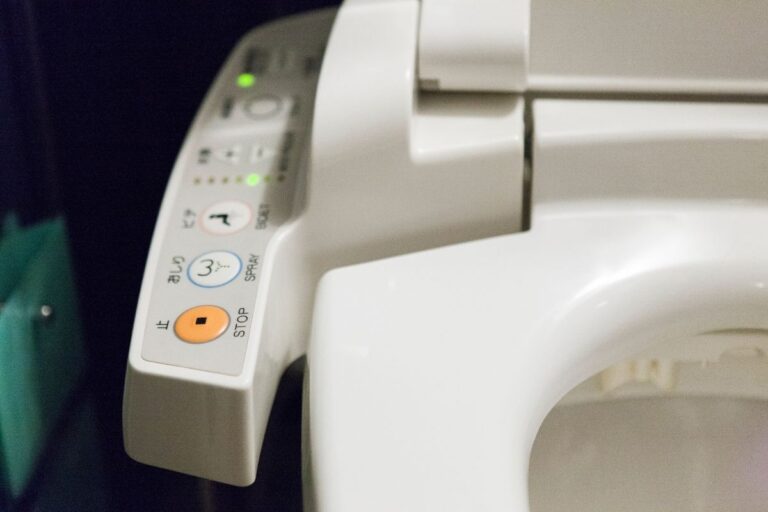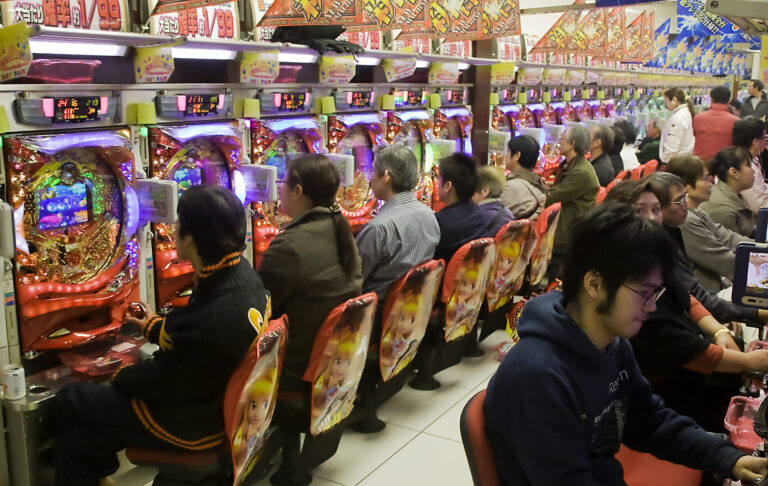A few weeks ago, when studying introductions, you learned two basic phrases of introduction: hajimemashite (roughly, “nice to meet you”) and yoroshiku onegaishimasu (“please take care of me”). Today we’ll look at a few more common Japanese phrases as well as the situations in which you’ll hear—and/or be expected to use—them.
Tadaima: “I’m home!”
A cliché from old American sitcoms is when a dad comes home from work and exclaims, “Honey, I’m home!” even if his wife is a few feet in front of him and can see that he walked through the door. Well, in Japan, it’s proper manners to exclaim, “tadaima!” or “I’m home” (literally “I’m back”) every time you come home, even if everyone can see that you’re home. If you spend time living with a Japanese family or roommate, it’s proper manners for you to exclaim “tadaima!” once you walk through the door. This behavior is so ingrained that even Japanese people living on their own tend to say, “tadaima!” to no one once they return home.
Okaeri or okaeri nasai: “Welcome home!”
When someone comes back home, it’s polite to say, “okaeri!” (casual) or “okaeri nasai!” (polite) to the person who’s returning. The literal translation means something like, “You’ve returned!” but the sentiment is “Welcome home!” If you live with a Japanese host family or roommate, it would be polite for you to say this to them upon their return home. It doesn’t matter who speaks first—the person returning home saying, “tadaima!” or the person already at home saying, “okaeri!”—but the person returning home tends to speak first more often than not, particularly if the rest of the family is not immediately present.
Ittekimasu: “I’m leaving!”
When you leave the house, it’s polite manners to shout, “ittekimasu!” as you go out the door. The phrase literally means, “I’ll come back, having gone!”
Itterasshai: “Have a good day!”
“Itterasshai,” which literally means “go and return,” has more of the sentiment of “Be careful!” or “Have a good day!” You say it to anyone who’s leaving the house (when you’re still at home) after or before the person who’s leaving says, “ittekimasu.”
Irasshaimase: “Welcome [to our store]!”
Unless you get a job at a store, restaurant or other customer service-heavy business while in Japan, you probably won’t find the need to say this yourself, but every time you enter such a shop, you’ll hear the people who work there welcome you with the phrase, “irasshaimase!” While many customer service employees will greet you with a smile, don’t be surprised if you don’t always hear the phrase with a lot of enthusiasm. Just like with customer service employees here, if their bosses tell them to greet customers with a certain phrase, they generally will. But a bad day, a general dislike for the job, or a shy personality may make the greeting come out as rather bland and unenthused. Some foreigners, not knowing the phrase is meant to welcome them as patrons of the shop, have even reported that they didn’t know what the employees were saying—and wondered if they were telling them to get out of the store! (But now you’ll know better.)
Maido or maido arigatou: “Thank you, come again!”
When you’re leaving a store, the same employees should shout another phrase at you, which generally means, “Thank you, come again!” but could also be thought of as “Please come back soon!” if you didn’t bought something. “Maido” is a shortened form of the phrase.
Have you ever heard these phrases before? (If you shop in Japanese stores even in the US, you might have heard employees shout the latter phrases, for example.)
No related posts.
Tags: japan, japanese culture, japanese customs, japanese language



